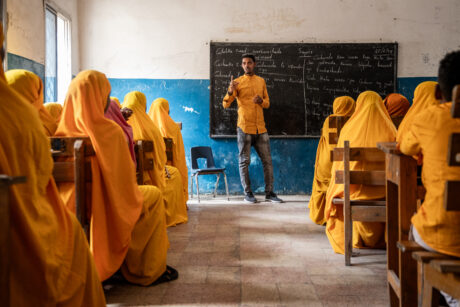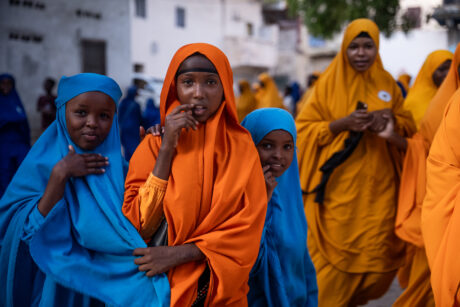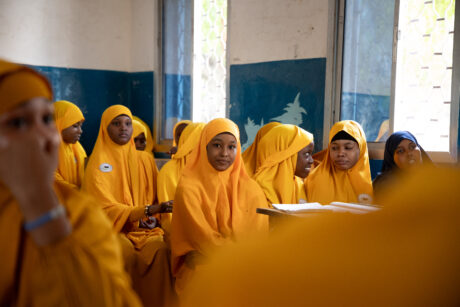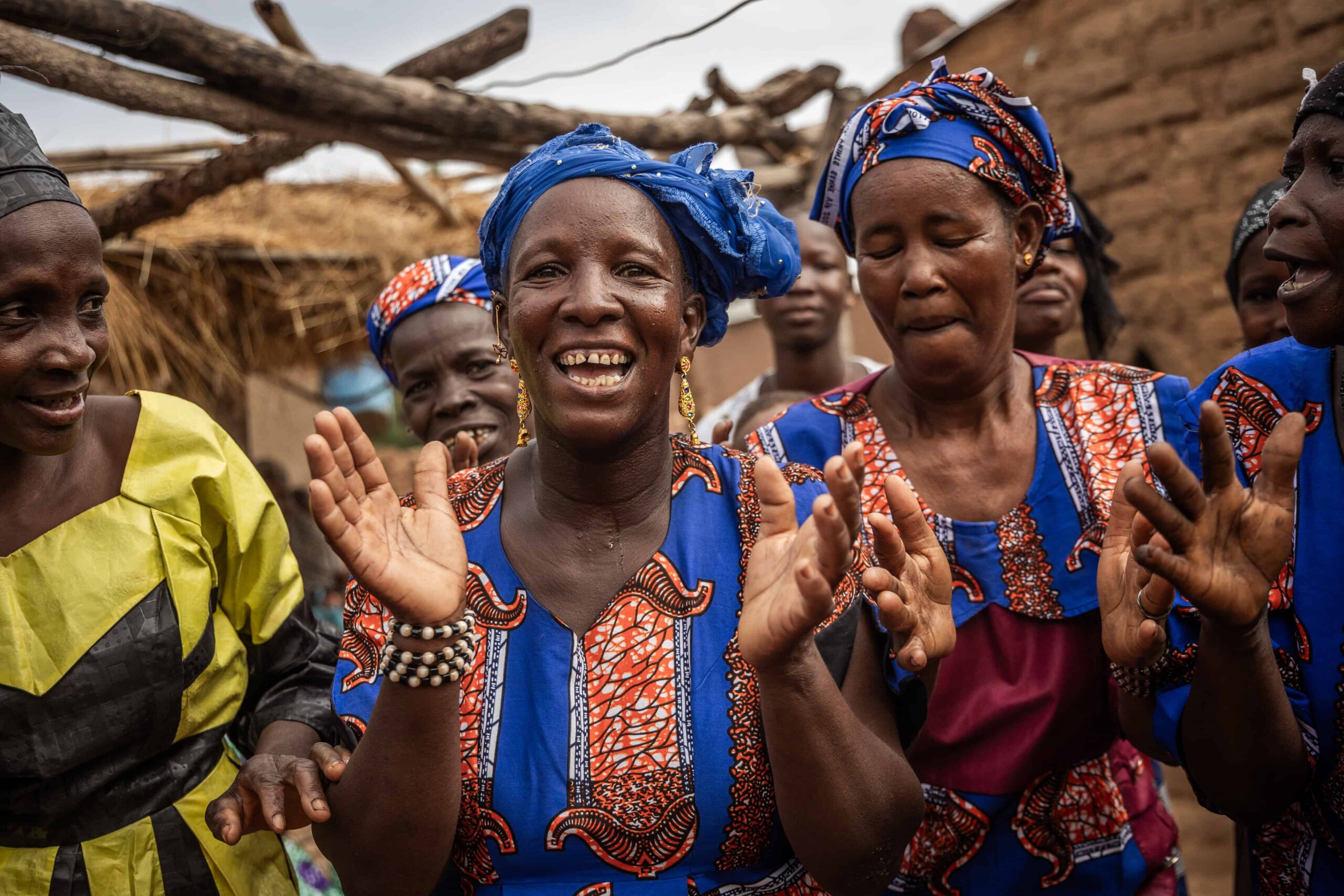On a warm afternoon in Mogadishu, a group of girls energetically dribble basketballs. Their laughter and shouts of encouragement echo around the school grounds, a scene that was unimaginable just a few years ago.
“It is actually great to see girls playing football, handball or any sports activities,” says Sabrin Yabarow, Head of Community and Ecosystem at iRise Hub, one of the organizations spearheading entrepreneurship, innovation and life skills activities for youth in Somalia. “We want to see girls in the fields. It promotes peace and youth engagement.”
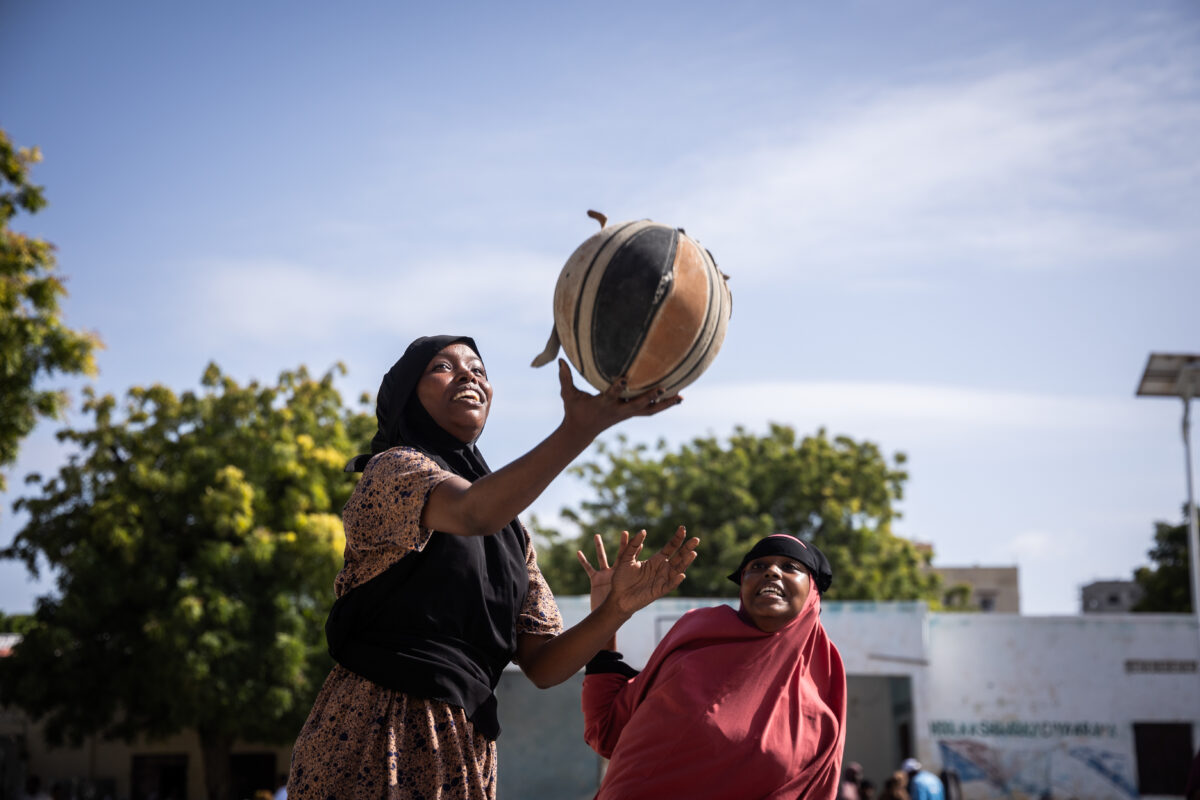
iRise Hub and three other youth-oriented organizations (Talobeeg Foundation, Southwest State of Somalia Youth Council (SWSYC), and the Somali Youth Volunteers for Development Association (SOYVDA) were all partners of the USAID Bar ama Baro (BAB) project, which promoted accelerated education for out-of-school youth in Somalia. Launched in 2021, the BAB project identified a significant gap in formal extracurricular and recreational activities within accelerated basic education (ABE) centers, particularly for girls.
Through BAB’s youth grants, partners organized sports tournaments, climate change awareness activities, debate competitions and life skills sessions. These pursuits fostered holistic development, promoted social inclusion and enhanced the wellbeing of youth and children in ABE centers.
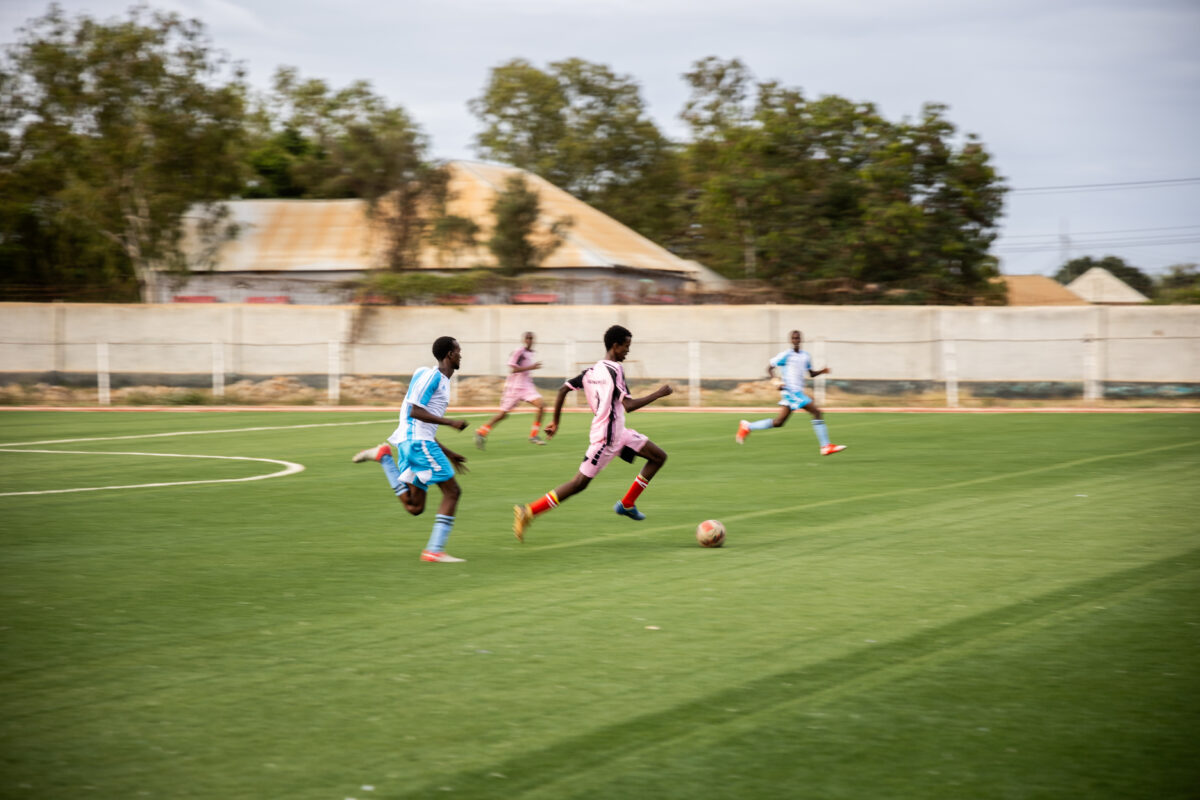
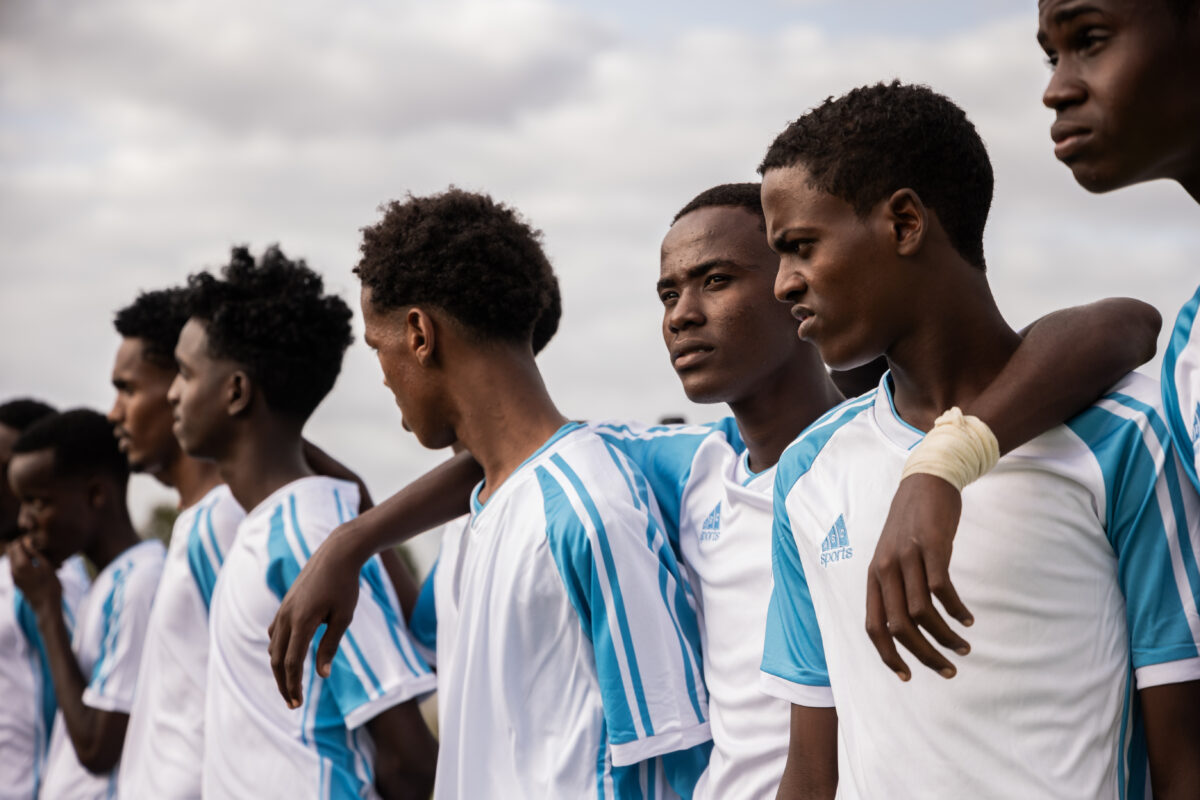
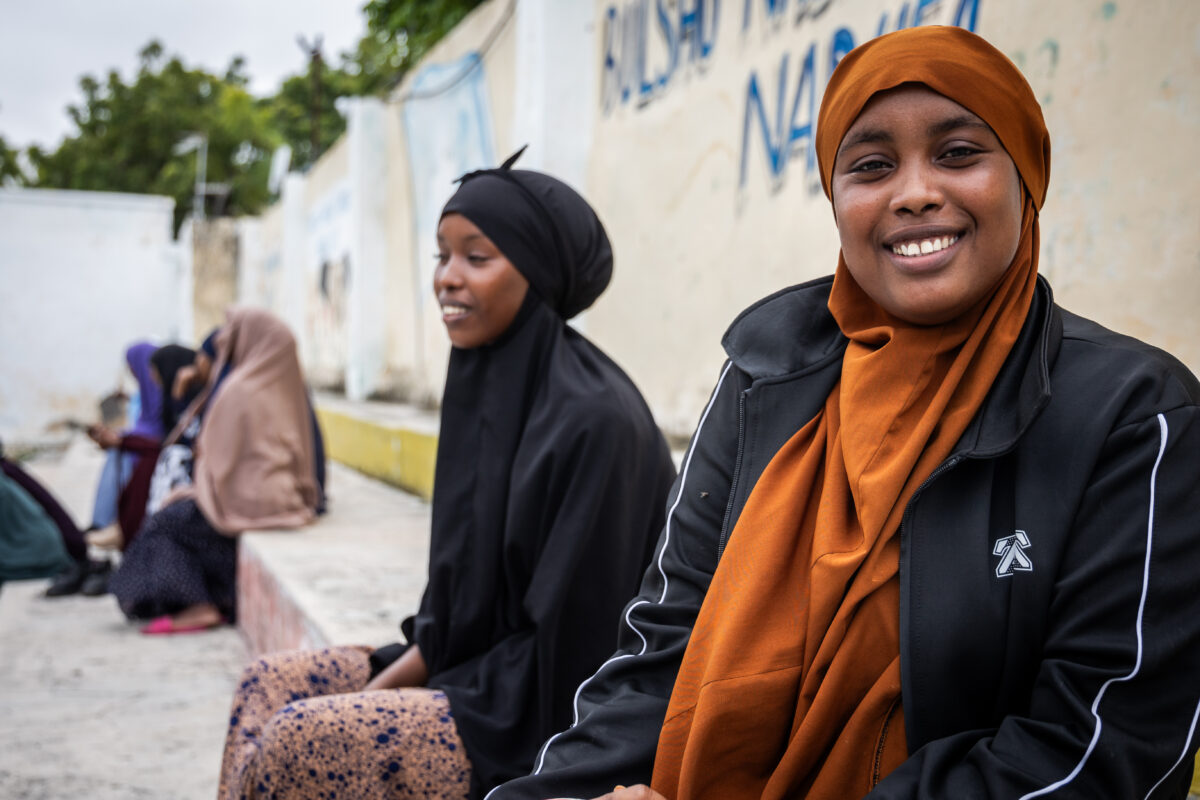
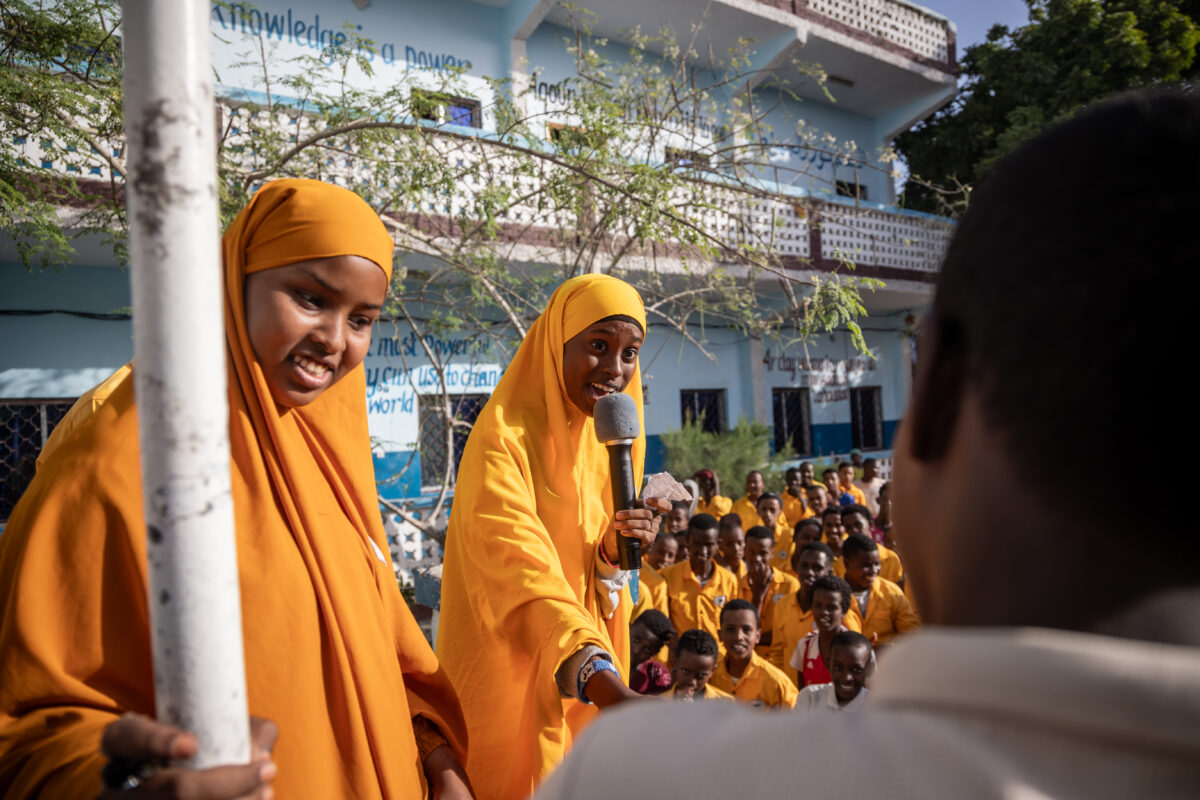
One of the standout features was the focus on girls-only sports tournaments. These events provided a safe and encouraging space for girls to engage in physical activity, develop teamwork skills and build confidence. This effort was particularly impactful in a culture where girls’ participation in sports had been stigmatized.
Convincing parents and school principals to allow girls to participate was not without its challenges at first.
“When we talked to the schools, the principals would say that parents would not allow it. We had to convince the parents that it is okay for girls to play and that they deserve the same opportunities as boys,” Yabarow explains.
In time, BAB partners’ efforts met with remarkable success. Over 6,900 youth benefitted directly, and more than 169,000 community members, teachers and students also got involved. The extracurricular activities not only boosted attendance and retention but fostered a sense of inclusion among the youth by facilitating interactions between students from different schools and communities. Parents and community members were also drawn to enthusiastically support their favorite teams during playoff matches.
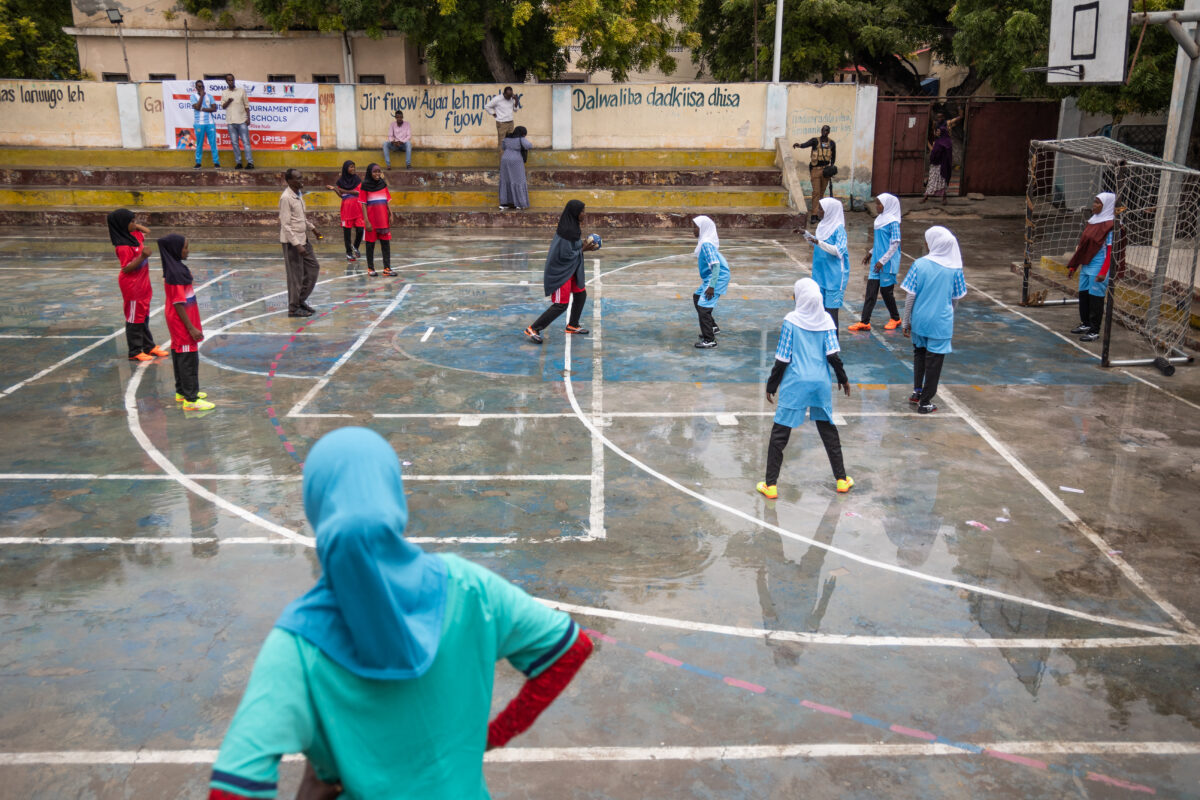
The program’s impact on girls was particularly noteworthy. By organizing dedicated activities for girls, BAB helped them overcome cultural barriers and build self-confidence. “We want girls to have the same opportunities as boys. It just needs some adaptations, but now you see they are very comfortable and okay with it,” says Yabarow.
The Bar ama Baro project’s experience underscores the importance of designing holistic approaches that balance academic learning with extracurricular and social-emotional learning activities. By providing out-of-school youth with opportunities to engage in sports, debates and broader life competencies, the project fostered connection, motivation, resilience and lifelong learning skills. In a country rebuilding from conflict, such initiatives are vital for creating a brighter future for Somalia’s youth.
